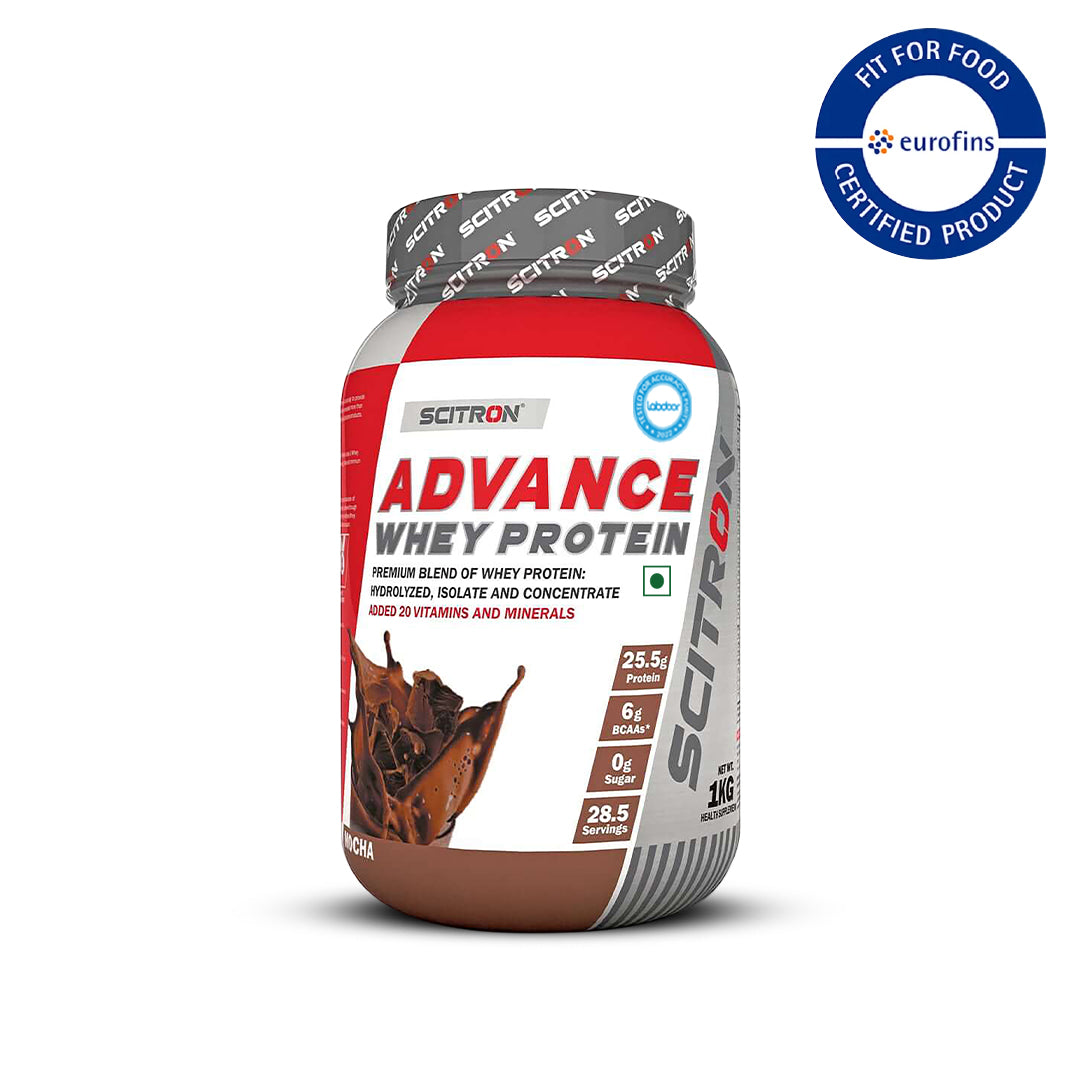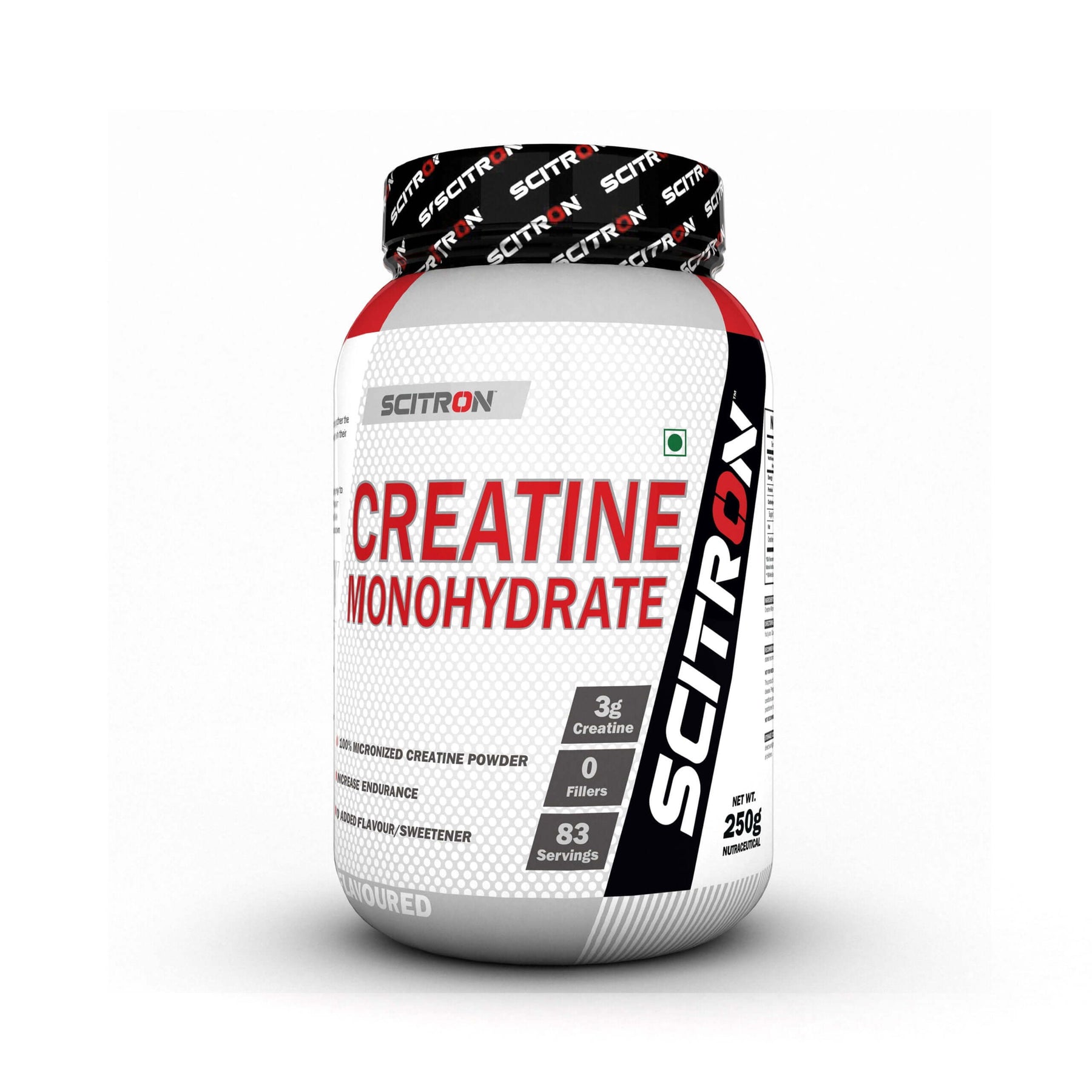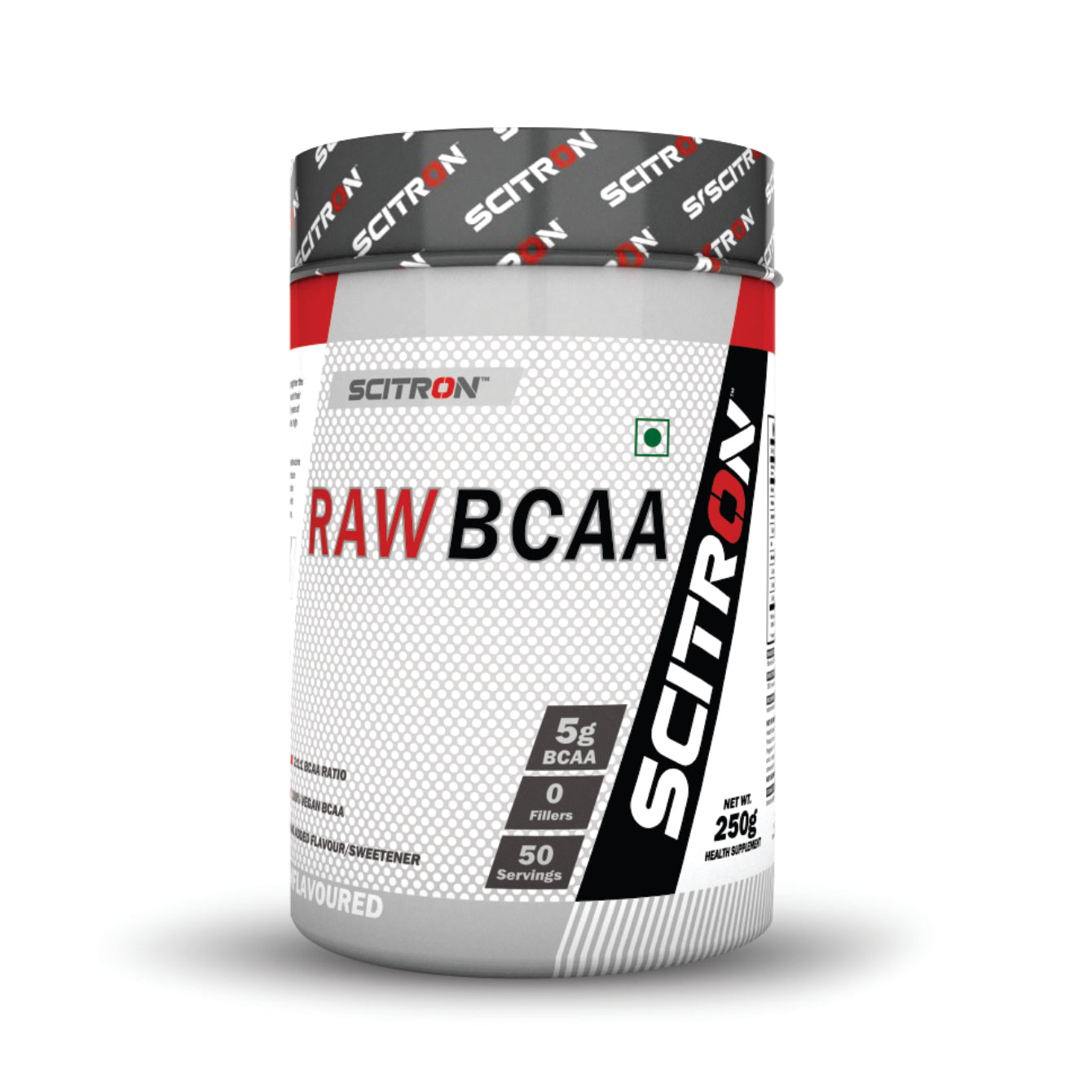Carbs for Muscle Recovery: Best Practices for Athletes and Weekend Warriors
Carbohydrates play a crucial role in fueling your body during workouts and aiding in muscle recovery after intense physical activity.
Whether you're an athlete striving for peak performance or a weekend warrior seeking to improve your fitness, understanding the significance of carbs in your diet is essential.
In this blog post, we will explore the best practices for incorporating carbohydrates into your nutrition plan to optimize muscle recovery and enhance your overall athletic performance.
The Role of Carbs in Muscle Recovery
When you consume carbohydrates, they are broken down into glucose, which is then transported through the bloodstream to the muscles. The glucose is taken up by the muscle cells and converted into glycogen, which is stored in the muscles until needed for energy. This process is especially important for athletes and individuals engaging in regular intense exercise, as it allows them to perform at their best during subsequent workouts and reduces the risk of overtraining and fatigue.
Additionally, carbohydrates also play a role in promoting protein synthesis and reducing muscle breakdown. When carbohydrates are present in sufficient amounts, the body is less likely to use protein as an energy source. This means that more of the protein consumed can be used for repairing and building muscle tissue, further aiding in muscle recovery and growth.
Best Carbohydrate Sources for Athletes
Explore a variety of carbohydrate-rich foods that are ideal for athletes and weekend warriors. From complex carbs to simple ones, discover the best sources that support muscle recovery and enhance workout performance.
For athletes, choosing the right carbohydrate sources is crucial for optimizing performance and muscle recovery. Complex carbohydrates are preferred over simple sugars as they provide a steady release of energy and help maintain stable blood sugar levels.
Excellent sources include :
-
Whole grains like brown rice, quinoa, and oats, are rich in fiber, vitamins, and minerals.
-
Fruits like bananas, berries, and apples offer a quick source of energy with added nutrients.
-
Additionally, starchy vegetables such as sweet potatoes and squash are packed with beneficial carbohydrates.
Balancing carbohydrate intake with proteins and healthy fats ensures a well-rounded diet that supports athletic performance and recovery.
Timing Carbohydrates for Optimal Recovery
The timing of carbohydrate consumption is essential for maximizing muscle recovery. Consuming carbohydrates shortly after exercise, during the so-called "glycogen window," is particularly beneficial. During this period, which lasts for about 30-60 minutes after exercise, the muscles are more receptive to absorbing glucose and replenishing glycogen stores. Including a combination of carbohydrates and protein in your post-workout meal or snack can further enhance muscle recovery and promote optimal results.
Pre-Workout Carbs: Fueling Your Performance
Discover the best pre-workout foods that provide the right amount of carbohydrates to boost your energy and endurance during training sessions. Find out how these pre-workout carbs contribute to better muscle recovery post-exercise.
-
Bananas: Rich in easily digestible carbs, potassium, and vitamin B6, bananas offer a quick energy boost.
-
Oats: A complex carbohydrate source that releases energy steadily, aiding endurance and sustaining performance.
-
Sweet potatoes: High in complex carbs and fiber, sweet potatoes offer sustained energy during workouts.
-
Whole grain bread: Provides a mix of complex carbs and fiber, giving a lasting energy supply.
-
Brown rice: A complex carbohydrate source that supports prolonged exercise and muscle recovery.
-
Berries: Low in sugar and rich in antioxidants, berries provide a quick energy boost without a crash.
-
Quinoa: A complete protein and complex carbohydrate source, quinoa sustains energy levels during workouts.
Pre-workout carbohydrates boost energy by providing readily available glucose, which fuels muscles during exercise. They also spare muscle glycogen, ensuring more glycogen is available for post-exercise recovery.
Combining carbs with protein powder before a workout provides a powerful energy boost due to the quick release of glucose from carbs and the sustained release of amino acids from protein. This dynamic duo supports muscle endurance and helps prevent muscle breakdown during intense training sessions.
Additionally, the presence of carbs enhances the absorption of protein, maximising its effectiveness in promoting muscle recovery post-exercise.
Get Scitron Advanced Whey in different flavours from here.
The synergistic effect of carbs and protein ensures a well-fueled workout and aids in better muscle repair and growth, leading to improved performance and faster recovery between training sessions.
Post-Workout Carbs: Replenishing Muscle Glycogen
Post-workout nutrition is crucial for muscle recovery. Consuming carbs after exercise helps replenish depleted muscle glycogen stores, restoring energy levels and preparing the body for the next training session.
Additionally, the intake of post-workout carbs aids in reducing muscle soreness by promoting faster repair and rebuilding of muscle tissue.
This is crucial for optimising recovery and minimising downtime between workouts. Including a mix of fast-acting and slower-digesting carbs can ensure a steady release of glucose, supporting both immediate and sustained recovery.
Overall, post-workout carbs play a crucial role in maximising performance and achieving fitness goals.
Carbs + BCAA + Creatine
In addition to this, you can add Creatine to your routine to fuel the energy after workout. You can opt for Creatine Monohydrate. It plays a crucial role in supplying energy to cells, particularly during short bursts of high-intensity physical activities.
Adding BCAA to your diet, can help you in muscle repair. Leucine, one of the BCAAs, plays a key role in stimulating muscle protein synthesis, the process by which new muscle proteins are formed. This is essential for muscle repair and growth after exercise.
If you are vegan, then, Scitron Raw BCAA is for you. Click to know more!
Combining these three components could potentially have synergistic effects on your workout routine and fitness goals:
a) Energy and Performance: Carbohydrates provide immediate energy, which can be further sustained by creatine's energy-boosting effects. This might result in improved workout performance and increased stamina during intense exercises.
b) Muscle Recovery and Growth: BCAAs contribute to muscle recovery and protein synthesis, while creatine enhances muscle growth and strength gains. This combination could aid in both repairing and building muscle tissues after workouts.
c) Reduced Muscle Fatigue: Creatine and BCAAs might help reduce muscle fatigue during exercise, allowing you to train longer and harder.
d) Hydration: Some creatine supplements include hydration-enhancing properties, which, combined with the benefits of carbohydrates, can help maintain fluid balance during workouts.
However, it's important to note that individual responses can vary, and factors like diet, exercise regimen, and personal health conditions play a role. Before making any significant changes to your supplementation routine, it's advisable to consult with a healthcare professional or a registered dietitian. They can provide personalised guidance based on your specific goals, needs, and any underlying medical considerations.
What are the High Carb Meals for Muscle Repair?
Explore a selection of high-carb meals that are perfect for muscle repair and growth. These meals not only taste delicious but also provide the necessary nutrients to support your active lifestyle.
-
Quinoa and Roasted Vegetable Bowl:
A nutrient-packed dish with quinoa as the base, topped with roasted vegetables like sweet potatoes, bell peppers, and broccoli. Add a drizzle of tahini dressing for a creamy touch. -
Lentil and Chickpea Curry:
A protein-rich curry made with lentils, chickpeas, and a variety of vegetables, served over a bed of brown rice or whole wheat couscous for a satisfying, high-carb meal. -
Veggie Stir-Fry with Brown Rice:
A colourful stir-fry featuring an assortment of vegetables like carrots, snap peas, and bell peppers, served with brown rice for a wholesome carb-rich option. -
Sweet Potato and Black Bean Burrito:
A filling burrito filled with black beans, sweet potatoes, avocado, and salsa, wrapped in a whole wheat tortilla for a tasty and carb-loaded meal. -
Chickpea and Vegetable Pasta:
Whole grain pasta combined with a hearty mix of chickpeas, spinach, cherry tomatoes, and a light olive oil dressing for a balanced high-carb and protein-rich meal. -
Vegetable and Tofu Stir-Fry:
Stir-fry your favourite vegetables and tofu with a flavorful sauce, served over quinoa or brown rice for a plant-based, carb-packed post-workout meal.
These delicious veggie-based meals provide an excellent balance of carbohydrates, proteins, and essential nutrients to support your active lifestyle and aid in muscle repair and growth.
Carbs and Muscle Soreness: Managing Discomfort
The right carbohydrate intake can indeed help manage and reduce post-workout muscle soreness. When you engage in intense exercise, your muscles experience microscopic damage and inflammation, leading to soreness.
To effectively manage post-workout muscle soreness, consider incorporating a balanced mix of complex carbohydrates from whole grains, fruits, and vegetables into your diet.
This will provide the necessary nutrients to support your body's recovery process, helping you bounce back faster and perform at your best in subsequent workouts.
Decoding Nutrition for Weekend Warriors
Weekend warriors, with their intermittent training schedules and busy lives, often prefer low-carb foods.
Here are practical nutrition tips to ensure optimal fueling for workouts and proper muscle recovery:
-
Plan Ahead: Prepare low-carb meals in advance to have healthy options readily available during busy weekends. Batch cook proteins like grilled chicken, tofu, or boiled eggs, and have chopped veggies and salads ready to go.
-
Snack Smart: Keep convenient low-carb snacks on hand, such as nuts, seeds, Greek yogurt, or low-sugar protein bars, to keep energy levels steady between meals and workouts.
-
Hydration is Key: Stay well-hydrated throughout the day, especially during workouts. Carry a reusable water bottle to sip on during breaks.
-
Protein-Packed Breakfast: Start your day with a high-protein low-carb breakfast like scrambled eggs with veggies or a protein smoothie to fuel your body for the day ahead.
-
Balanced Meals: For main meals, aim for a balance of protein, healthy fats, and non-starchy vegetables. Grilled fish with avocado salsa or a chicken and vegetable stir-fry are excellent low-carb options.
-
Post-Workout Recovery: After your weekend workouts, replenish your body with protein-rich foods and low-carb options like grilled chicken with a side of roasted vegetables to support muscle recovery.
-
Stay Mindful Eating Out: If eating out during busy weekends, choose wisely by opting for protein-based dishes with salads or vegetable sides. Avoid carb-heavy options like pasta or breaded dishes.
-
Listen to Your Body: Pay attention to your hunger cues and eat when you're hungry. Avoid skipping meals, as proper nutrition is essential for sustained energy and recovery.
-
Supplements: If needed, consider low-carb protein supplements like whey or plant-based protein powders to complement your diet and meet your protein needs.
You can fulfil your needs with Scitron Nutrition. Head to the link and explore!
By planning ahead, choosing nutrient-dense low-carb options, and staying mindful of your nutritional choices, you can adequately fuel your body for weekend workouts and promote effective muscle recovery without compromising your busy schedule. Remember to seek personalised advice from a registered dietitian to tailor your nutrition plan to your individual needs and fitness goals.
Low-Carb Recipes to Balance Nutrition for Active Lifestyles
These recipes are easy to make and can help you maintain a balanced diet while providing energy for your activities:
1. Cauliflower Rice Stir-Fry:
This recipe replaces traditional rice with cauliflower rice, reducing carbohydrate content while still providing a satisfying meal.
Ingredients:
-
1 small head of cauliflower, grated or processed into rice-like consistency
-
Assorted vegetables (bell peppers, carrots, peas, etc.)
-
Paneer (Indian cottage cheese) or tofu, cubed
-
Olive oil or ghee for cooking
-
Spices: cumin, turmeric, garam masala, salt, pepper
-
Fresh coriander leaves for garnish
Instructions:
-
Heat oil in a pan, add cumin seeds, and let them sizzle.
-
Add chopped vegetables and cook until slightly tender.
-
Add paneer/tofu cubes and spices. Cook for a few minutes.
-
Add cauliflower rice and mix well. Cook until the cauliflower is tender and resembles rice.
-
Garnish with fresh coriander leaves and serve.
2. Spinach and Paneer Salad:
This salad is packed with protein and vitamins, making it a great option for a low-carb, nutrient-rich meal.
Ingredients:
-
Fresh spinach leaves
-
Paneer (Indian cottage cheese), cubed
-
Cherry tomatoes, halved
-
Cucumber, sliced
-
Red onion, thinly sliced
-
Olive oil and lemon juice for dressing
-
Salt, pepper, and any preferred spices
-
Roasted nuts or seeds for crunch (optional)
Instructions:
-
Toss together spinach, paneer, cherry tomatoes, cucumber, and red onion in a large bowl.
-
Drizzle olive oil and lemon juice over the salad.
-
Season with salt, pepper, and spices to taste.
-
Add roasted nuts or seeds for extra texture and flavour if desired.
3. Chickpea and Vegetable Curry:
Chickpeas are a good source of plant-based protein and fibre, making this curry both filling and nutritious.
Ingredients:
-
Cooked chickpeas (canned or boiled)
-
Assorted vegetables (spinach, bell peppers, tomatoes, etc.)
-
Onion, finely chopped
-
Garlic and ginger, minced
-
Indian spices: cumin, coriander, turmeric, garam masala, chilli powder
-
Coconut milk or yogurt for creaminess (optional)
-
Fresh cilantro leaves for garnish
Instructions:
-
Heat oil in a pan, sauté chopped onions until translucent.
-
Add minced garlic and ginger, and cook for a minute.
-
Add spices and stir well.
-
Add chopped vegetables and sauté until they start to soften.
-
Add chickpeas and coconut milk/yogurt if using. Let it simmer until the flavours meld.
-
Add chopped vegetables and sauté until they start to soften.Garnish with fresh cilantro leaves and serve with a side of cauliflower rice or salad.
These recipes are customizable based on your taste preferences and the available ingredients. They provide a good balance of protein, healthy fats, and fibre to support an active lifestyle while keeping carbohydrate intake in check.
In conclusion, understanding the importance of carbohydrates in muscle recovery is crucial for athletes and weekend warriors alike. By incorporating best practices and making informed food choices, you can optimise your athletic performance, support muscle recovery, and achieve your fitness goals effectively.




